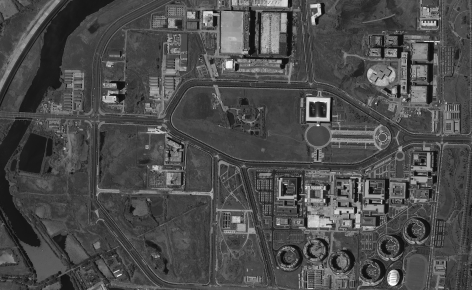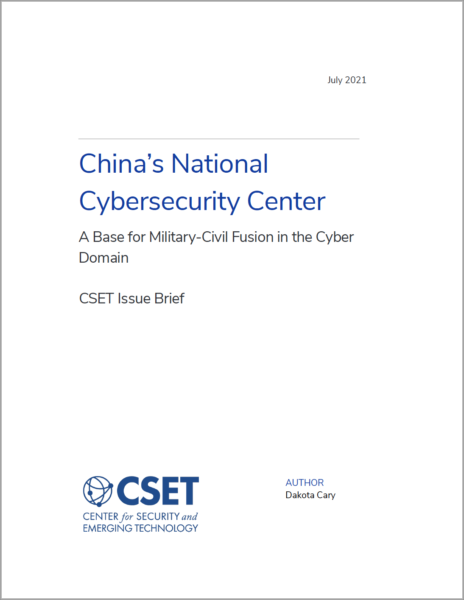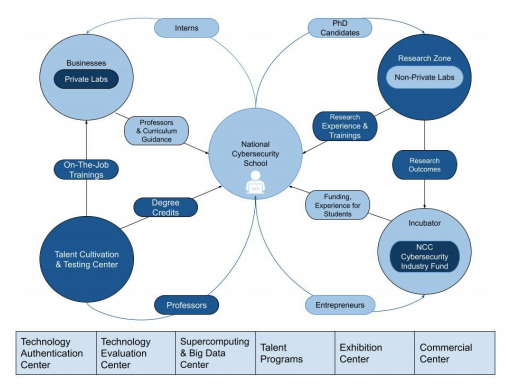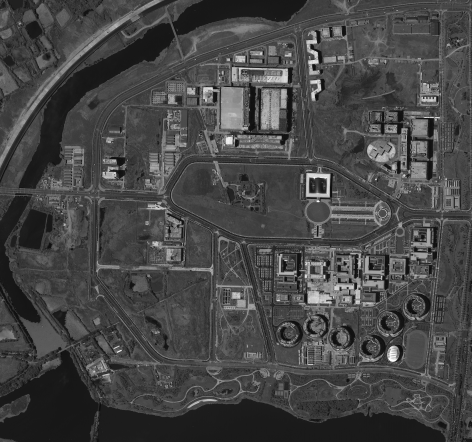The world has not yet witnessed China’s full cyber power
Analysts who are paying attention realize that China has reached near-parity or absolute advantage in some areas of communications and computing with the United States. They were first, for example, to develop 5G wireless telecommunications technology and the United States still does not have it. And we’ve seen how the Chinese are penetrating the China-based computer systems of foreign companies, presumably giving them access to those companies’ global networks. Their Advanced Persistent Threat state-sanctioned groups have penetrated the cloud computing systems of IBM and other providers and stolen millions of pieces of data. Apple has allowed the Chinese government to run its data centers in China and there are suspicions the Chinese government has used Apple iPhones to spy on ethnic Uighurs—and who knows who else? Lastly, the Ministry of State Security, the nation’s top international spy agency, uses open source tools in the United States to locate “known vulnerabilities” in our software systems and exploit them before companies and government agencies can patch them.
Of course, our National Security Agency is undoubtedly penetrating some Chinese systems but my judgment is that it’s a lopsided competition. The Chinese are swamping us. I discuss much of this in my book, A Grand Strategy: Countering China, Taming Technology, and Restoring The Media.
Now comes word that the Chinese have launched construction of a vast National Cybersecurity Center (NCC) in Wuhan, which ironically gave the world the coronavirus. This new report (https://cset.georgetown.edu/publication/chinas-national-cybersecurity-center)
The Center for Security and Emerging Technology at Georgetown University is stunning. The Chinese government is attempting to replicate the ecosystem of a major American technology cluster, specifically the Research Triangle of North Carolina. It will be devoted to attacking the problems that the Chinese perceive have held back their cyber capabilities, both offensively and defensively. It is aimed at giving them clear cyber supremacy by 2030. “By 2030, the NCC aims to have contributed to the training of over five hundred thousand cybersecurity practitioners, alleviating the shortage of talent,” the report concluded. “The NCC will bolster China’s already potent cyber capabilities, making competition in the cyber domain fiercer still. U.S. policymakers should anticipate that increased Chinese capabilities will threaten the U.S. advantage in cyberspace, a vulnerability which will likely be to the detriment of core U.S. interests.”
The NCC borrows many of the tools that Americans have used to develop its technology clusters, including incubators. The location of all the cyber activities together, including education and training, means the Chinese should be able to generate new ideas, one of the key concepts the Americans developed. Here is how the NCC is organized.
Because of the military-civil fusion that President Xi Jinping has declared, the People’s Liberation Army will be an active participant in the NCC, which means that that any cyber tools the center develops will be quickly transferred to the PLA. Which means, of course, that they will strive to outmaneuver the U.S. military in the cyber realm. “Chinese military strategists view cyber operations as a possible “Assassin’s Mace” (杀手链)—a tool
for asymmetric advantage over a superior force in military confrontation,” the report notes.
And the Chinese considered inviting foreign companies to take part, but then decided to bar them. They wanted to make sure that no foreign entity could figure out how to pollute or contaminate the purity of the systems the Chinese want to build. One goal is to replace the foreign software in use in China because of the suspicion that U.S. spy agencies can penetrate it.
Construction of the NCC started in 2017 and satellite images of key institutions are available. And the NCC has a direct reporting line to the Communist Party in Beijing. “The NCC enjoys support from the highest levels of the Chinese Communist Party,” the report concludes. “The Party’s Cyberspace Affairs Commission established a committee to oversee the NCC’s operations and policies, giving it a direct line to Beijing.”
The Center for Security and Emerging Technology is emerging as one of the most important think tanks in the United States for understanding the technological dimension of China’s challenge to the world. It’s time we all awoke to the nature and scale of China’s ambitions.







